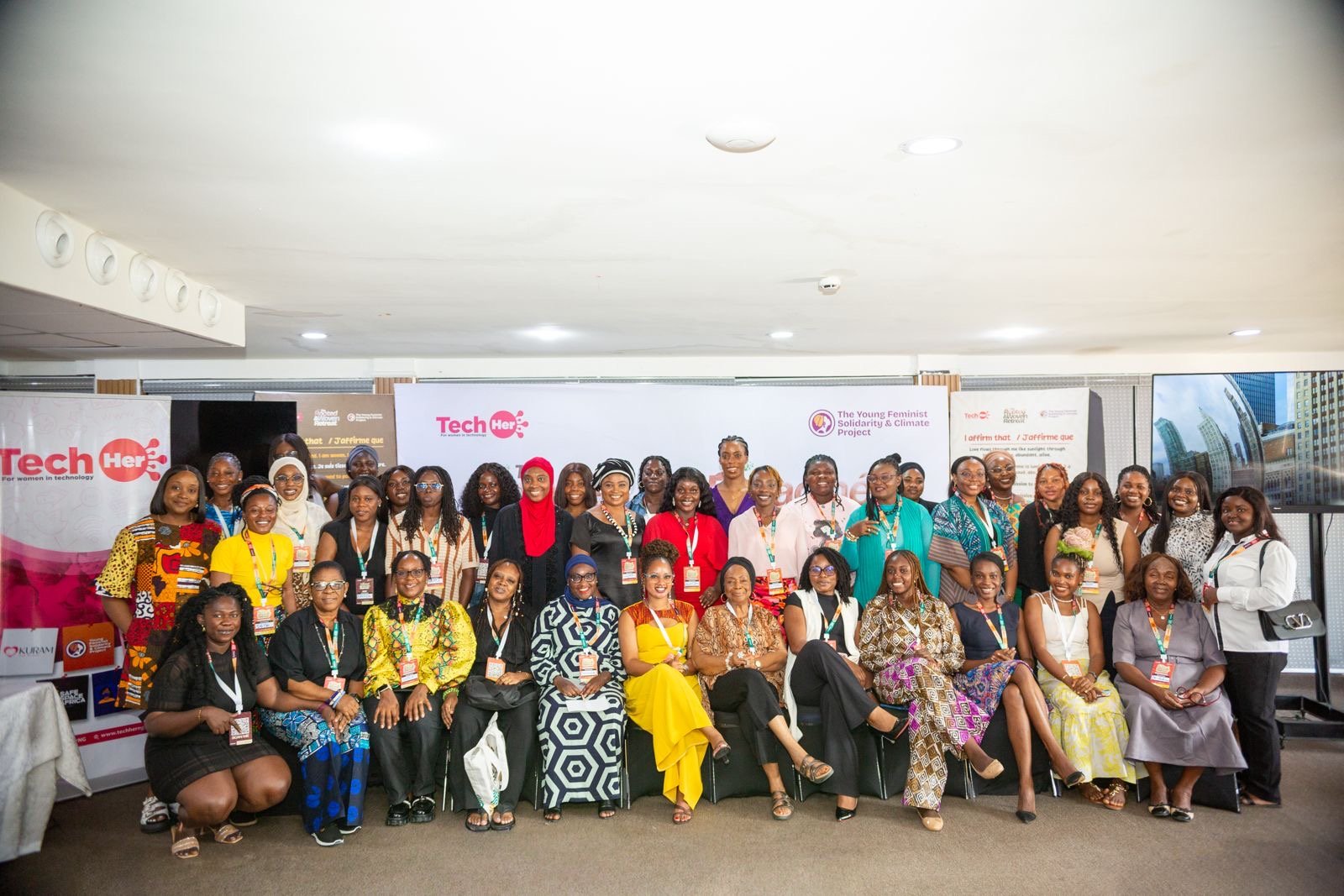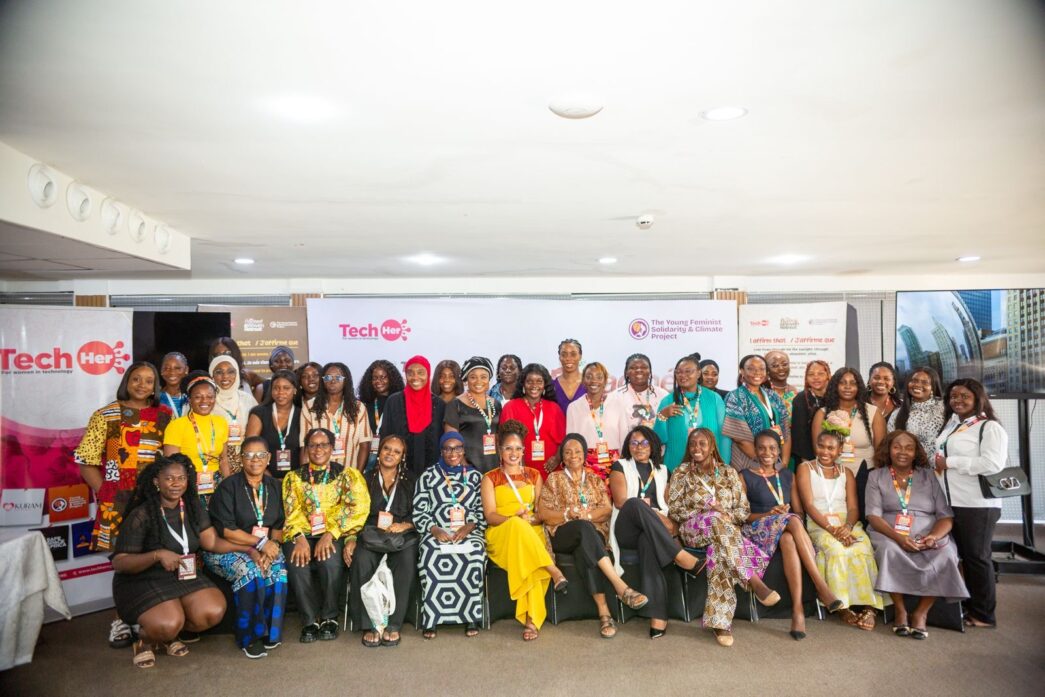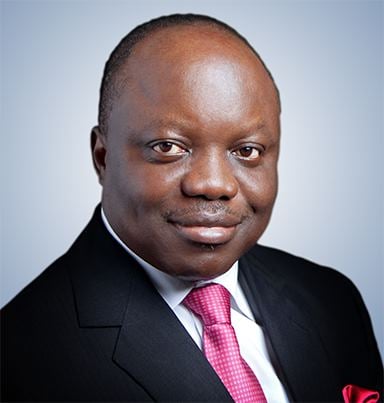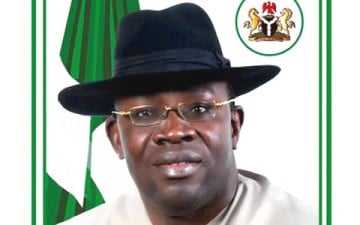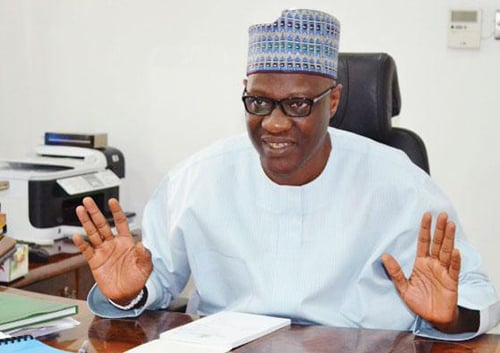TechHer, a nonprofit advocating safe and meaningful digital spaces for women and girls, has convened 30 feminists from Nigeria, Ghana and Senegal for a four-day ‘Rooted and Woven’ retreat in Abuja.
The event, funded by the Ford Foundation, is part of the organisation’s Young Feminist Solidarity Climate Project, an initiative designed to strengthen feminist networks, amplify women’s contributions to climate and social justice work, and document intergenerational experiences.
Speaking at the event, Chioma Agwuegbo, executive director of TechHer, said the retreat was created as a deliberate pause for feminists who are often on the frontlines of advocacy, battling issues ranging from sexual and gender-based violence (SGBV) to digital harassment and exclusion from political spaces.
“We believe that rest is resilience, rest is resistance. You can’t stay on the front lines forever. Otherwise, you get burnt out, and you become even more vulnerable,” Agwuegbo said.
Advertisement
“Everyone knows that currently, our world is plagued with all sorts of issues. There’s female genital mutilation, sexual and gender-based violence, exclusion of women from political spaces, domestic violence, intimate partner violence, there’s tech-facilitated gender-based violence, and women are constantly advocating, pushing, pulling, tugging, and struggling.
“And we thought, why not create an arena for these women to come together and rest. Not just rest, but meet each other.
“A feminist in Ghana meets a feminist from Nigeria, and they are able to collaborate across projects. It makes our organising a lot more fruitful.”
Advertisement
Participants at the retreat ranged from 22 to 80 years old, allowing younger feminists to access decades of lived experience and historical context.
“The conversations about feminism from the 60s and the 70s are completely different from what we have today,” Agwuegbo said.
“Bringing that wisdom from the elderly, bringing the wisdom from the young people, merging it together… has been truly magical.”
Chizulu Uwolloh, programme assistant at the Ford Foundation West Africa office, praised TechHer for the initiative, noting that the retreat aligns with findings from the foundation’s 2021 study on feminist convening in Africa.
Advertisement
The study, she said, highlighted the pressures young feminists face from digital violence to burnout and the need for stronger, sustainable support systems.
She expressed hope that participants would return to their work “rested, re-energised, and more aware of the intersectional nature of the challenges they confront”.
“Feminism is intersectional, and cuts across various fields and walks of life — health, economy, environment,” she said, referencing Mikki Kendall’s Hood Feminism.
“Every woman’s issue is a feminist issue. We should not separate one issue from another because they are all connected.”
Advertisement
Uwolloh added that the retreat also reinforces the idea of shared purpose.
“I think it’s also about realising that we are on the same team. We are not fighting separate battles, but the same battle. So, we must unite our efforts and fight together,” she added.
Advertisement
One of the participants, Bose Ironsi, the team lead at Women’s Rights and head of projects, Ireti Resource Center, Lagos, described the four-day experience as a period of deep reflection.
She said it affirmed that the contributions of older-generation feminists “still matter and remain part of the foundation younger activists are building on”.
Advertisement
During the retreat, participants engaged in wellness activities including yoga, aromatherapy, painting, tree-planting and guided reflection sessions — all curated to help them reconnect with themselves and with one another.
Advertisement
